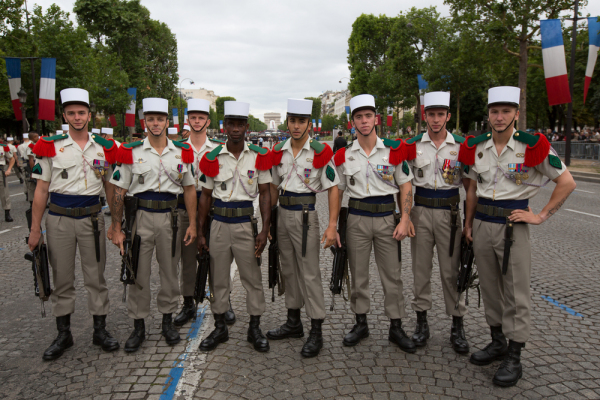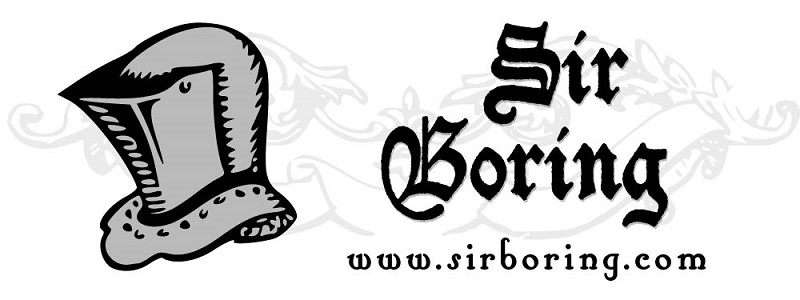
The French Foreign Legion is a French military organization comprised of volunteers who are willing to fight for France and/or for French interests anywhere around the globe. The unit was originally created to allow non-French personnel a way of serving for the “tricolore,” but has since morphed into an elite and mysterious volunteer fighting force. The Legion can trace its roots as far back as 1481, when Swiss soldiers were brought on to protect the crown and its members. Various forms of legions and similar units would serve the crown and country over the coming centuries, in countless battles and conflicts. Leaping ahead to the modern era, the first modern incarnation of the French Foreign Legion was created by King Louis Philippe in March of 1831. Multiple battalions filled their ranks with foreign fighters from all over Europe, setting this standard for the unit for centuries to come.
These early iterations of the Legion would fight in various locations across Europe, for the changing interests of the monarchy, with some of the first battles taking place on Spanish soil, before engaging in regional conflicts in Algeria and Crimea. As the French Foreign Legion engaged in increasing conflicts, the unit would often be stood up, then stood down based on where and who was fighting. As the 19th century came to a close the Legion would fight additional battles in Europe, North Africa, East Asia, and even Mexico. The force did not always win or achieve their intended goals, often suffering many casualties (many of these engagements are very noteworthy, but are well outside the scope of this brief discussion).
The Legion would go on to serve in all major and minor battles and wars into the 20th century. However, after the end of WWII, the geopolitical landscape and shifts in global powers would see the Legion take on greatly varied missions, similar to the those its early units took on for the crown to expand French influence in prior centuries. The Legion has continued to take on and participate in both multinational conflicts, and has also chosen to independently take the fight to whoever they are ordered to engage. Most notably in recent times, the Legion has continued to fight all over Africa to quell terrorist threats and also maintain French interests in lands once colonized by previous regimes.
An estimated 35,000 legionnaires have died since 1831, but these deaths are seldom publicized. With the modernization of the force over the late 20th century and into the 21st century, a romanticized mystique has fallen upon the Legion. This aurora still draws in thousands of male recruits every year, but the force has an acceptance rate of under 20%. The pay is not bad, but it is far less than what soldiers would get in a standard military unit in western countries, let alone the additional pay and prestige that also comes along with being a member of more elite units (airborne, ranger, commando, special forces, etc.). The training may be on par with that of other elite units, but it has also been characterized as more harsh and sometimes even cruel. This is done to prepare personnel for the harsh environments they will find themselves in as a small semi-independent force, within the broader French military.
Unlike conventional forces, the Legion consistently sees fighting, even during the most stable of times. Their relatively small, yet capable force of about 8,000 men allows them to fight even the smallest perceived threats to French or allied interests. The French Foreign Legion has continued to be made up of volunteers who want to fight, but also have a variety of reasons to do so, reasons only known to each man. One can even equate this to the chivalry of fighters in years gone by, wanting only to be tested to their maximum, and gloriously fall in battle if the challenge is too great. Legionnaires give up aspects of their identity and put some aspects of their life on hold once accepted into its ranks. They then go where commanded, and if they survive their time, they can continue a quiet life, often within the French sphere of influence. For many the French Foreign Legion becomes an all-encompassing way of life, one which even after leaving the force formally, will always be with them in one form or another.
